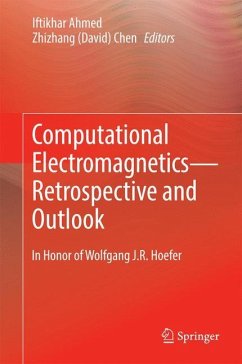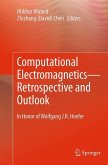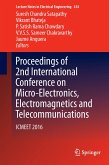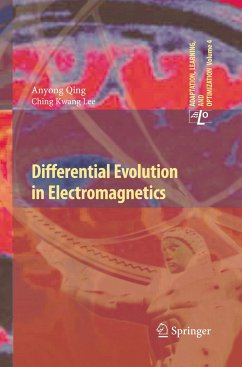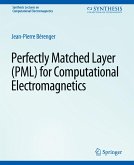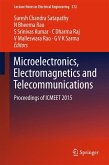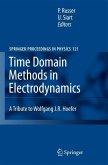The book will cover the past, present and future developments of field theory and computational electromagnetics. The first two chapters will give an overview of the historical developments and the present the state-of-the-art in computational electromagnetics. These two chapters will set the stage for discussing recent progress, new developments, challenges, trends and major directions in computational electromagnetics with three main emphases:
a. Modeling of ever larger structures with multi-scale dimensions and multi-level descriptions (behavioral, circuit, network and field levels) and transient behaviours
b. Inclusions of physical effects other than electromagnetic: quantum effects, thermal effects, mechanical effects and nano scale features
c. New developments in available computer hardware, programming paradigms (MPI, Open MP, CUDA and Open CL) and the associated new modeling approaches
These are the current emerging topics in the area of computational electromagnetics and may provide readers a comprehensive overview of future trends and directions in the area.
The book is written for students, research scientists, professors, design engineers and consultants who engaged in the fields of design, analysis and research of the emerging technologies related to computational electromagnetics, RF/microwave, optimization, new numerical methods, as well as accelerator simulator, dispersive materials, nano-antennas, nano-waveguide, nano-electronics, terahertz applications, bio-medical and material sciences.
The book may also be used for those involved in commercializing electromagnetic and related emerging technologies, sensors and the semiconductor industry. The book can be used as a reference book for graduates and post graduates. It can also be used as a text book for workshops and continuing education for researchers and design engineers.
a. Modeling of ever larger structures with multi-scale dimensions and multi-level descriptions (behavioral, circuit, network and field levels) and transient behaviours
b. Inclusions of physical effects other than electromagnetic: quantum effects, thermal effects, mechanical effects and nano scale features
c. New developments in available computer hardware, programming paradigms (MPI, Open MP, CUDA and Open CL) and the associated new modeling approaches
These are the current emerging topics in the area of computational electromagnetics and may provide readers a comprehensive overview of future trends and directions in the area.
The book is written for students, research scientists, professors, design engineers and consultants who engaged in the fields of design, analysis and research of the emerging technologies related to computational electromagnetics, RF/microwave, optimization, new numerical methods, as well as accelerator simulator, dispersive materials, nano-antennas, nano-waveguide, nano-electronics, terahertz applications, bio-medical and material sciences.
The book may also be used for those involved in commercializing electromagnetic and related emerging technologies, sensors and the semiconductor industry. The book can be used as a reference book for graduates and post graduates. It can also be used as a text book for workshops and continuing education for researchers and design engineers.

